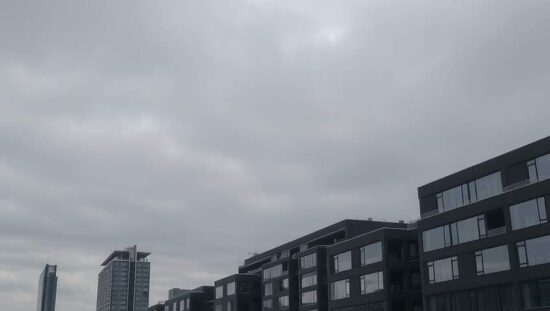Amidst escalating tensions surrounding the Dutch semiconductor manufacturer Nexperia, a potential thaw in relations between the Netherlands and China appears to be emerging. Dutch Minister for Economic Affairs, Vincent Karremans, announced Wednesday in The Hague that the government intends to relinquish control of Nexperia, signaling a strategic shift in the ongoing dispute.
The Netherlands had recently invoked its “Warenverfügbarkeitsgesetz” (Goods Availability Act) to assume control of Nexperia, a move widely interpreted as a preemptive measure to safeguard sensitive technology from potential misuse. This action triggered a swift and significant response from Beijing, which subsequently imposed an export ban on Nexperia products, a restriction that disproportionately impacted the European automotive industry and raised concerns across various sectors reliant on the specialized components.
Karremans characterized the impending relinquishment of control as a “gesture of goodwill” a carefully chosen phrase intended to de-escalate the situation and open channels for renewed communication. He emphasized the commitment to maintaining a “constructive dialogue” with Chinese authorities, suggesting a desire to navigate the sensitive geopolitical landscape with caution and diplomacy.
However, the move is not without its critics. Some political analysts argue that the Netherlands’ initial intervention, while understandable given concerns about national security and technological sovereignty, has ultimately backfired, demonstrating China’s willingness to leverage economic pressure to achieve its objectives. The sudden reversal raises questions about the efficacy of Dutch policy and the delicate balance between protecting strategic assets and avoiding trade retaliation.
The long-term implications remain unclear. While a renewed dialogue offers a glimmer of hope for reconciliation, the underlying issues surrounding technological security and the potential for Chinese influence in critical industries are likely to remain contentious points of friction between the two nations. The episode serves as a stark reminder of the increasingly complex and politically charged environment surrounding global supply chains and the profound impact that geopolitical considerations can have on international trade. The Dutch government now faces the challenge of rebuilding trust and managing future risks without appearing to cede its commitment to safeguarding vital technologies.





